Pastor’s Corner (4/23/2020)
“Love people, hold them in your heart.” Susa Talan
One of the gifts I bought for myself this past Christmas was a daily “Gratitude” calendar. I saw it in the calendar store as I was shopping for others and it, almost literally, jumped off the shelf at me. In my desire to nurture more gratitude in my life, I knew this would be a tremendous help to me. In these days of COVID-19, it seems even more important to nurture gratitude in our lives. It surprises me almost daily how timely many of the quotes seem to be.
In the above quote, for Monday 20 April, we are invited to love people in our hearts. In these days of “physically distancing” holding those we love in our hearts is even more critical than usual. I have come to prefer the phrase “physical distancing” because I think it is more accurate than “social distancing.” Our quote above reminds us of how critically important it is that we “socially connect.” It has been so heartwarming to me to see how well this congregation here at FCC connects with one another. I know many of you have gone that extra mile to reach out; as Elders, Stephen Ministers, Deacons and as part of the Body of Christ. People have been connecting by Zoom, on the phone, and through cards and notes. I have been so grateful for the many calls and notes I have received from many of you. Loving one another by holding each other in our hearts has been truly amazing.
One of the challenges, however, is holding ourselves lovingly in our hearts, as well. In looking out for one another, it is sometimes easy to forget to care of ourselves. Recently, I have been thinking about the difference between “self-care” and “self-indulgence.” Sometimes it is easy to mistake one for the other, particularly in these anxious and unsettling times. I’m sure hoping I don’t put on the COVID-19 pounds; working from home so much means the refrigerator regularly calls to me. It’s easy to get sucked into unhealthy and self-indulgent behaviors. One component of self-care is being gentle with ourselves and realizing that things may get out of whack. We need to be sure to get enough sleep, exercise as best we can, and eat (somewhat) healthy. Another component of self-care is understanding the dynamics of what is happening to us. During one of our weekly Regional Zoom meetings, Regional Minister Chris Morton shared some helpful information about the emotional/psychological phases of a disaster. I found this information very helpful as I make my way through these challenging times.
After the warning and impact there is an upward phase in which we recognize and celebrate the heroic efforts of so many. We have acknowledged and thanked those on the front line, like hospital and emergency response personnel. Following this kind of “honeymoon/community cohesion” period there is a marked decline they label “disillusionment.” As I looked at this graph (see page 4 of the Messenger), I had a sense of recognition. This period of disillusionment is marked by fatigue, fuzzy thinking, frustration with self and others, impatience, discouragement, and perhaps some depression. As I mentioned in my last Pastor’s Corner, the grief we experience throughout this event can trigger older experiences of grief and loss. Our sense of isolation may intensify, and we may struggle more with loneliness. I think an important part of self-care is recognizing this part of our shared journey. Hopefully, your shared sense of awareness will help you deal with all this too.
Perhaps the best thing about all this is the realization that we are not alone. We will all pass through these very experiences, so it’s important that we care for ourselves and one another. If you are struggling, please reach out. Call me or the church office. There are also a number of resources offered by the city and state. And, of course, remember that God makes this journey with us, we are not alone. As we all spend time in prayer, may we be keenly aware that God holds us in God’s heart as we hold one another.
I hold you all in my heart,
Pastor Karen


